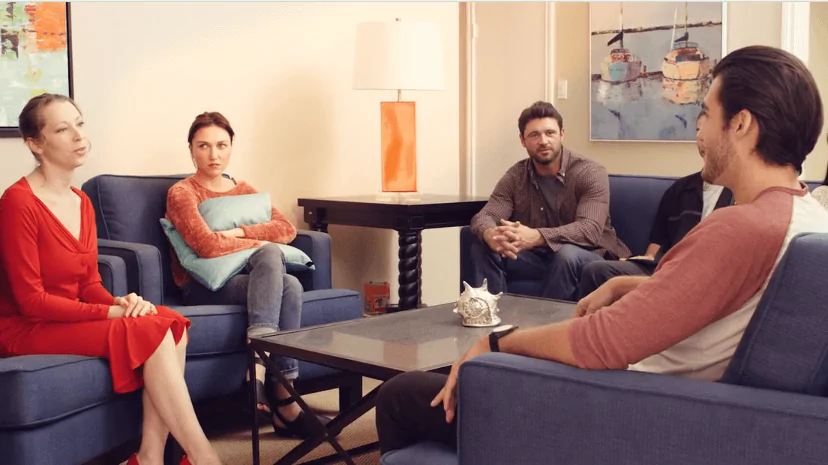24/7 Helpline:
(866) 899-221924/7 Helpline:
(866) 899-2219
Learn more about OCD Treatment centers in Philippi
OCD Treatment in Other Cities

Other Insurance Options

Sliding scale payment assistance

Ambetter

EmblemHealth

Evernorth

Premera

Optum

WellCare Health Plans

Regence

Health Choice

Health Partners

Health Net

Kaiser Permanente

Group Health Incorporated

Aetna

CareFirst

Magellan

MVP Healthcare

Meritain

Choice Care Network

American Behavioral




Appalachian Community Health Center
Appalachian Community Health Center is a private rehab located in Belington, West Virginia. Appalach...

















































































































